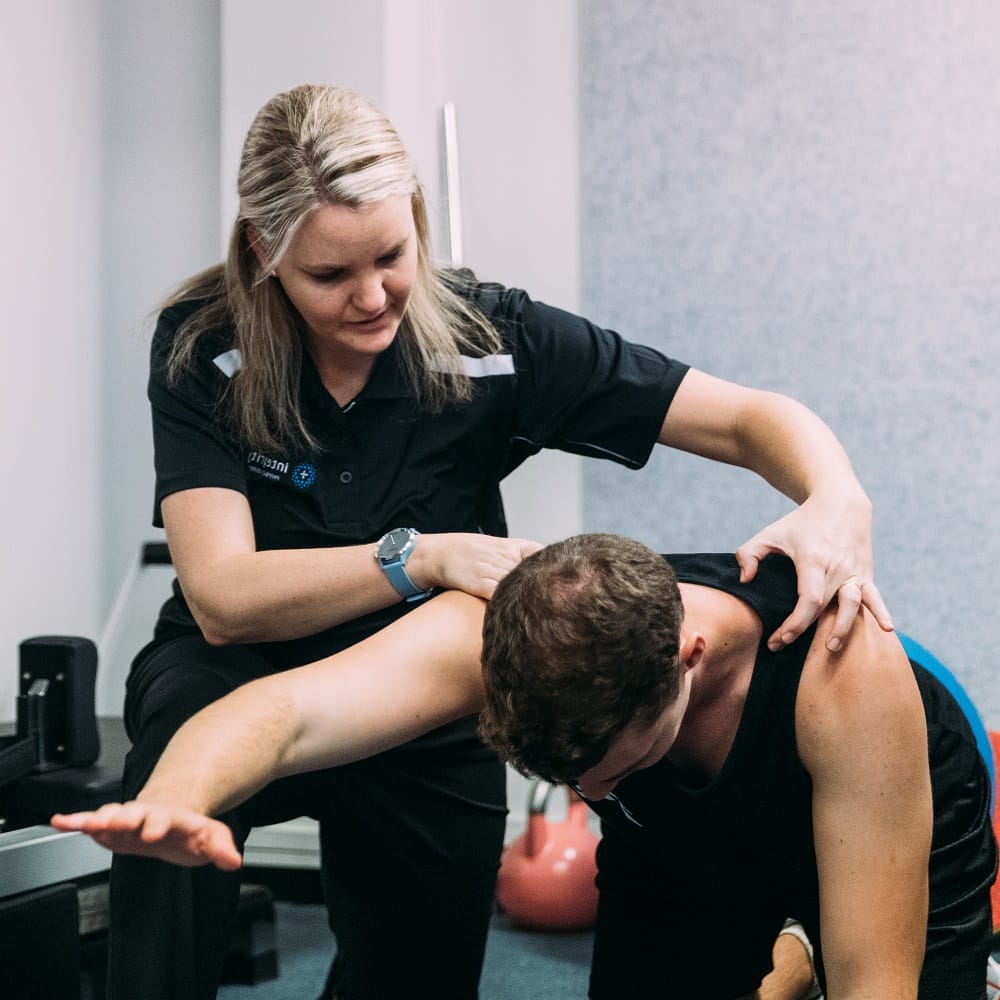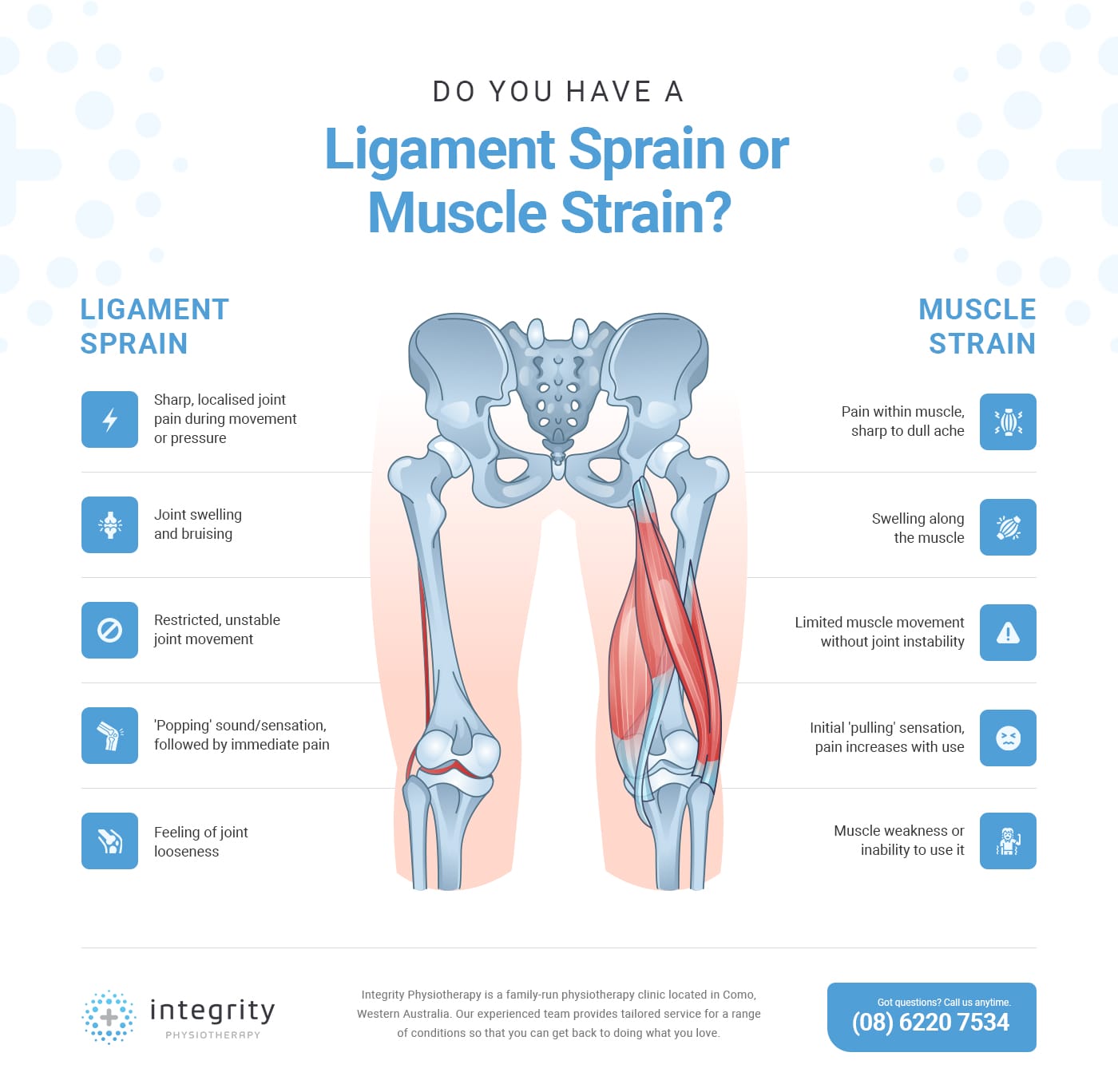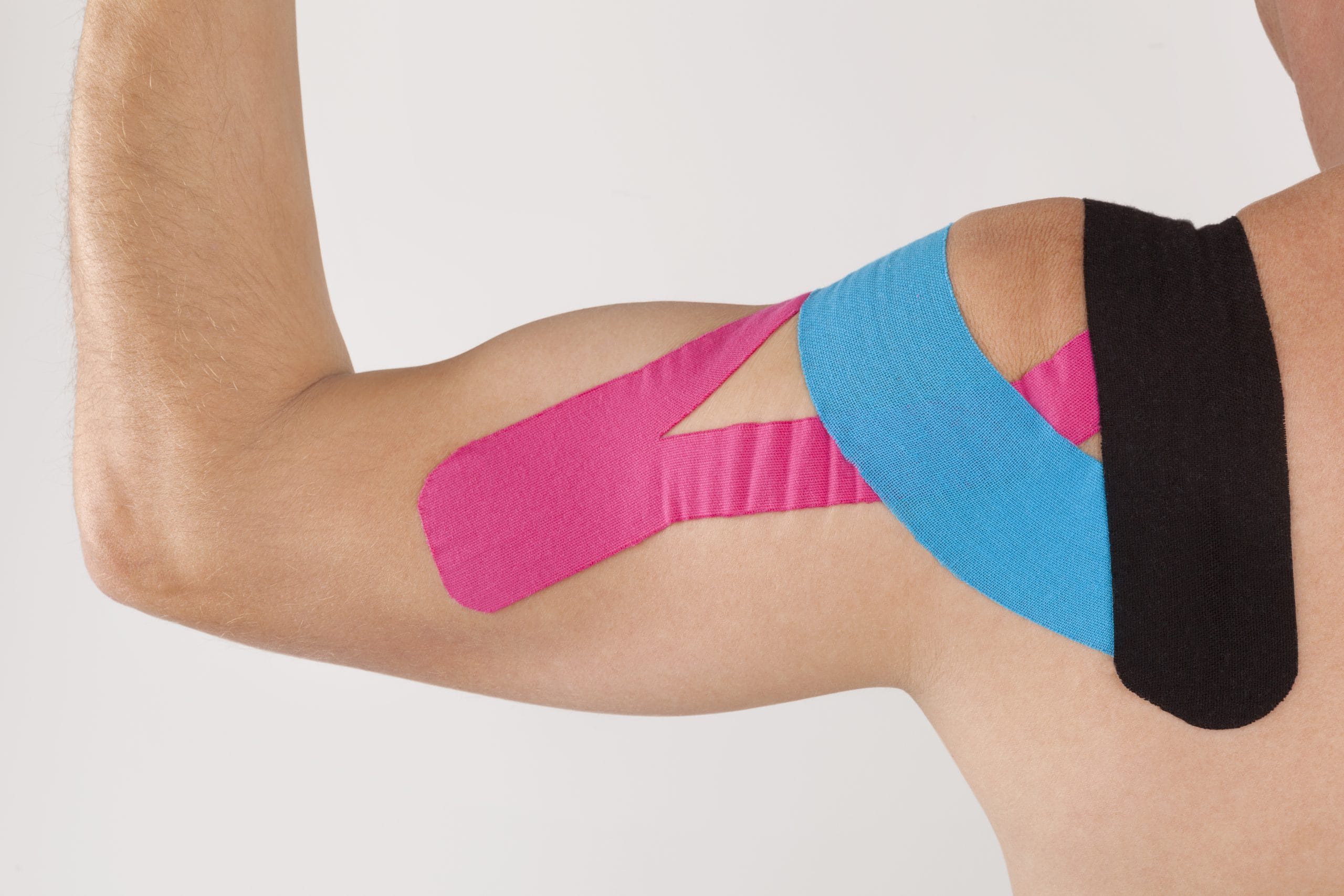
Shoulder pain can disrupt daily life, limiting everyday activities like lifting and reaching. As the body’s most flexible joint, the shoulder is prone to injuries from overuse, trauma, or sustained postures.
Physiotherapy helps treat and prevent these issues through personalised strategies that reduce pain, improve strength, and restore mobility. This guide will cover common shoulder injuries, how physiotherapy aids in treatment, and tips for prevention and recovery.
Understanding shoulder anatomy and its vulnerability to injuries

The shoulder is a complex joint made up of three main bones:
- the humerus (upper arm bone)
- scapula (shoulder blade)
- clavicle (collarbone)
It features two primary joints—the acromioclavicular (AC) joint and the glenohumeral joint, the latter being the ball-and-socket joint that allows for a broad range of arm movements.
This extensive mobility comes at the cost of stability, making the shoulder more prone to injuries compared to other joints. The shallow socket of the glenohumeral joint, combined with the reliance on surrounding muscles, tendons, and ligaments for stability, increases the risk of conditions such as rotator cuff tears, dislocations, and impingements.
Common causes and types of shoulder injuries
Shoulder injuries often stem from overuse, trauma, or underlying conditions. Common causes include repetitive movements, heavy lifting, poor posture, and sports-related activities.
Here are some frequent types of shoulder injuries:
- Rotator cuff Injuries: These can occur due to acute trauma, like a fall, or gradual wear and tear. Symptoms often include pain and weakness, especially during overhead movements.
- Shoulder impingement: Involves the compression of rotator cuff tendons, causing sharp pain, particularly when lifting the arm.
- Shoulder tendonitis: Often results from overuse or poor shoulder mechanics, leading to inflammation and discomfort.
- Shoulder bursitis: Inflammation of the bursa, fluid-filled sacs cushioning the joint, often caused by repetitive shoulder activity.
- Dislocations: Occur when the shoulder joint is forced out of its socket, often due to trauma, and can cause significant instability.
- Frozen shoulder: Characterised by pain and stiffness, leading to a gradual loss of shoulder mobility. It often develops after injury or prolonged immobility.
- Arthritis and fractures: Degenerative conditions like arthritis or bone injuries can also contribute to shoulder pain and dysfunction.
Symptoms associated with shoulder injuries
Shoulder injuries can present a variety of symptoms, which may vary based on the specific condition.
Common signs include:
- Pain: This can be sharp, dull, or throbbing, and is often felt around the shoulder joint. It may worsen with certain movements, such as lifting the arm, reaching overhead, or extending the arm behind the back.
- Stiffness and reduced range of motion: Conditions like frozen shoulder can cause significant stiffness, limiting the ability to move the shoulder freely.
- Weakness: Affected muscles may feel weak, particularly when performing overhead activities or lifting.
- Swelling and tenderness: Inflammation from injuries like bursitis or tendonitis can cause visible swelling and tenderness around the shoulder.
- Instability or “catching” sensation: Injuries like dislocations may cause a feeling of the shoulder “giving way” or catching during movement.
How physiotherapy can help: treatment techniques and approaches

Physiotherapy is a key approach to managing shoulder injuries, aiming to reduce pain, restore function, and prevent future issues. Treatment often progresses through several stages, starting with pain relief and inflammation management, then moving towards rehabilitation and strengthening.
Common physiotherapy techniques include:
- Manual therapy: Techniques like joint mobilisation can help improve shoulder mobility and reduce pain.
- Massage: Targeted massage therapy addresses muscle tension and can enhance circulation, aiding in the recovery process.
- Taping: Provides support to the injured shoulder and helps alleviate pain during movement.
- Strength and movement training: Customised exercises improve muscle strength, enhance shoulder stability, and restore normal movement patterns.
- Dry needling: Involves inserting thin needles into trigger points to relieve muscle tightness and improve joint function.
- Post-surgery rehabilitation: Physiotherapy is essential after shoulder surgery to regain strength, mobility, and function through structured rehabilitation programs.
By using these methods, physiotherapy aims to restore the shoulder’s normal function and prevent the recurrence of injuries.
Our tips and recommendations to prevent shoulder injuries
Preventing shoulder injuries involves maintaining a balance between activity and rest, along with proper conditioning and technique. Here are some strategies to reduce the risk of shoulder problems:
- Limit repetitive activities: Reduce the time spent on repetitive tasks like lifting, painting, or sports that strain the shoulder. Take regular breaks and gradually increase activity levels after a long break.
- Minimise overhead activities: Limit the duration and frequency of overhead tasks, and ease them gradually to prevent strain.
- Address muscle imbalances: Strengthening exercises can correct muscle imbalances, providing better support for the shoulder joint.
- Maintain flexibility: Regular stretching and mobility exercises help keep the shoulder joint functioning well. Manual therapy can also aid in maintaining good flexibility.
- Adopt good posture: Keeping a neutral posture and having regular breaks reduces the risk of irritation of the shoulder joints and muscles. Ergonomic adjustments, such as a better chair, or using a cushion or back support to maintain a more neutral position can help.
When to consider surgery and the role of physiotherapy in post-surgical recovery
In some cases, shoulder injuries may require surgical intervention, especially when there is significant structural damage, such as a severe rotator cuff tear, frequent dislocations, or fractures. However, surgery is often considered a last resort, as many shoulder conditions can be effectively managed with a structured physiotherapy program.
The role of physiotherapy after surgery
Physiotherapy is crucial following shoulder surgery to ensure a successful recovery. A tailored rehabilitation program focuses on gradually restoring strength, mobility, and function. Key aspects of post-surgical physiotherapy include:
- Pain management: Techniques to reduce pain and inflammation, allowing for a smoother recovery process.
- Regaining range of motion: Gentle exercises to restore shoulder movement and prevent stiffness.
- Strengthening: Targeted exercises to rebuild shoulder strength and support the healing process.
- Gradual return to activities: A phased approach to resuming daily activities and sports, reducing the risk of re-injury.
Even when surgery is necessary, physiotherapy helps optimise recovery outcomes and supports a return to normal activities.
Start your journey to shoulder pain relief today
Shoulder pain and injuries don’t have to limit your life.
At Integrity Physiotherapy, we offer effective shoulder pain treatment in Perth, using personalised physiotherapy plans to help you recover quickly, restore mobility, and prevent future issues. Our experienced physiotherapists provide a range of treatments, from manual therapy and strength training to post-surgery rehabilitation, all tailored to your needs.
Don’t let shoulder pain hold you back—reach out to us today to start your path to pain-free movement and better shoulder health.




